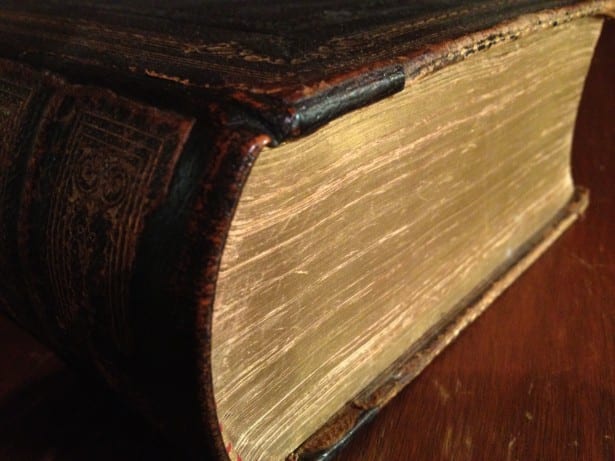No one can doubt the possibility of a miracle, once he admits that it is God who created the world, that He did it of His own free will and in virtue of His infinite power. In fact, according to this, the only true hypothesis, God regulates the order and march of the universe; He has established the connection which we perceive between physical causes and their effects, a connection for which we can assign no other reason than the will of God; He has given to the different agents, according to His good pleasure, the various degrees of force and activity which it pleased Him to bestow; all that happens is an effect of this supreme will, and the order of the universe would be different had He willed it other than it is. In decreeing from all eternity that a dead man should remain without life, that wood should be consumed by fire, God has not deprived Himself of the power of derogating these two laws, of restoring life to a dead man, of preserving a bush in the midst of flames, when He wills thus to awaken the attention of men, to instruct them, or to convey His positive precepts.
If He has done this at certain periods, it is clear that the exception to the general law was as undoubtedly foreseen and determined by God from all eternity as the law itself, and that thus the law and the exception in such a case are the effect of the wisdom and the will of God, since, before creating the world, God knew what He willed to do and what He would do throughout future ages. … It was with fullest liberty and unconstrained by necessity that God established a certain order in nature. He was free to regulate it otherwise. He had only to decree that from the dust of the human body buried in the earth another man should spring, after the manner of the oak from the acorn. The resurrection of the dead, therefore, is not a phenomenon which transcends the divine power. When God raises a man from the dead, it argues no change in the divine will, which has resolved from all eternity to restore him to life and thus derogate a general law. Nor can this exception be said to destroy the law, since it follows its accustomed course in the case of all other men. A resurrection, finally, interferes in no way with the established order or impugns the eternal wisdom that created this order.
Nicolas Sylvestre Bergier, Encyclopédie méthodique: Théologie, vol. 2 (1789), pp. 647-48.


